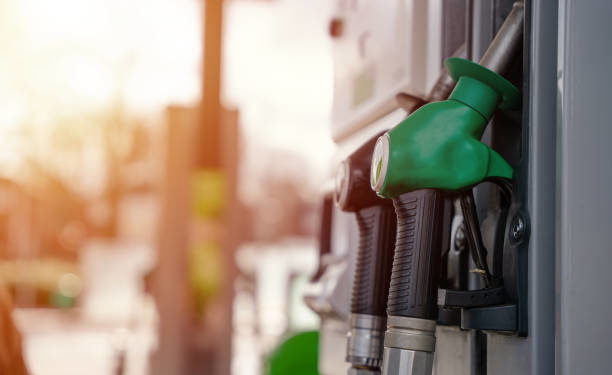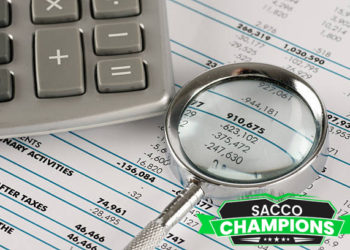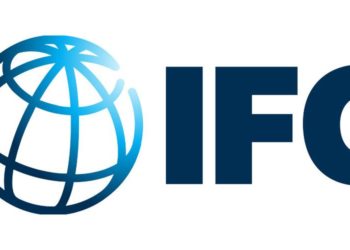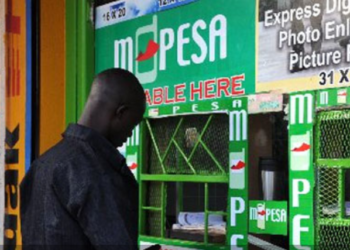Kenyan motorists will enjoy a reduction in fuel prices for the month of October, as the Energy and Petroleum Regulatory Authority (EPRA) announced lower maximum pump prices for petrol, diesel, and kerosene. This follows a drop in the international prices of refined petroleum products and a decline in the landed cost of oil imports. The new prices will take effect from October 15 and remain valid until November 14, 2024.
In its latest pricing review, EPRA revealed that the cost of Super Petrol will drop by KES 8.18 per litre, Diesel by KES 3.54 per litre, and Kerosene by KES 6.93 per litre in Nairobi. The price reductions reflect a continued easing of global oil prices, coupled with a slight improvement in the strength of the Kenyan shilling against the US dollar, which influences the cost of imported fuel.
The new retail prices in Nairobi are set at KES 180.66 per litre for Super Petrol, KES 168.06 per litre for Diesel, and KES 151.39 per litre for Kerosene. This decrease follows a trend of price adjustments in response to global oil market fluctuations. According to EPRA, the average landed cost of Super Petrol decreased by 8.59% from USD 697.62 per cubic metre in August to USD 637.70 per cubic metre in September. Diesel saw a 5.52% reduction, while Kerosene prices dropped by 6.73%.
EPRA’s Director-General, Daniel Kiptoo Bargoria, stated in the press release, “The authority remains committed to ensuring fair competition and protecting both consumers and investors in the energy sector.” He noted that the price changes were in line with the Petroleum Act of 2019, which requires the regulator to review fuel prices monthly based on international trends and local market conditions.
The price reductions come as a relief to Kenyan consumers who have faced soaring fuel costs over the past year, exacerbated by global supply disruptions and a volatile currency exchange rate. Fuel prices in Kenya are determined by a combination of factors including the landed cost of petroleum, distribution and storage fees, margins for importers and dealers, as well as taxes and levies, which comprise a significant portion of the final pump price.
For October 2024, taxes and levies on Super Petrol amount to KES 81.22 per litre, on Diesel KES 68.90 per litre, and on Kerosene KES 54.55 per litre. These figures include the 16% Value Added Tax (VAT) as stipulated by the Finance Act 2023 and the Tax Laws (Amendment) Act 2020. Additionally, adjustments to excise duty, which are periodically reviewed for inflation, have been factored into the new prices.
Despite the drop, fuel costs in Kenya remain high compared to historical levels. Global crude oil prices, while having declined in recent months, are still elevated relative to pre-2022 levels, largely due to geopolitical factors and production constraints from major oil-exporting countries.
Kenya imports all its petroleum requirements in refined form, with prices benchmarked against international trading markets. Exchange rate fluctuations between the Kenyan shilling and the US dollar also play a critical role in determining the final cost of fuel. Over the past year, the exchange rate has varied, adding to the unpredictability of local pump prices.
While the reduction in fuel prices offers some reprieve, it is unclear how long this downward trend will persist, given the unpredictable nature of global energy markets.
The price changes are expected to have a cascading effect on the cost of goods and services, given the role of fuel in transportation and production costs, offering some relief to consumers across the board.


















